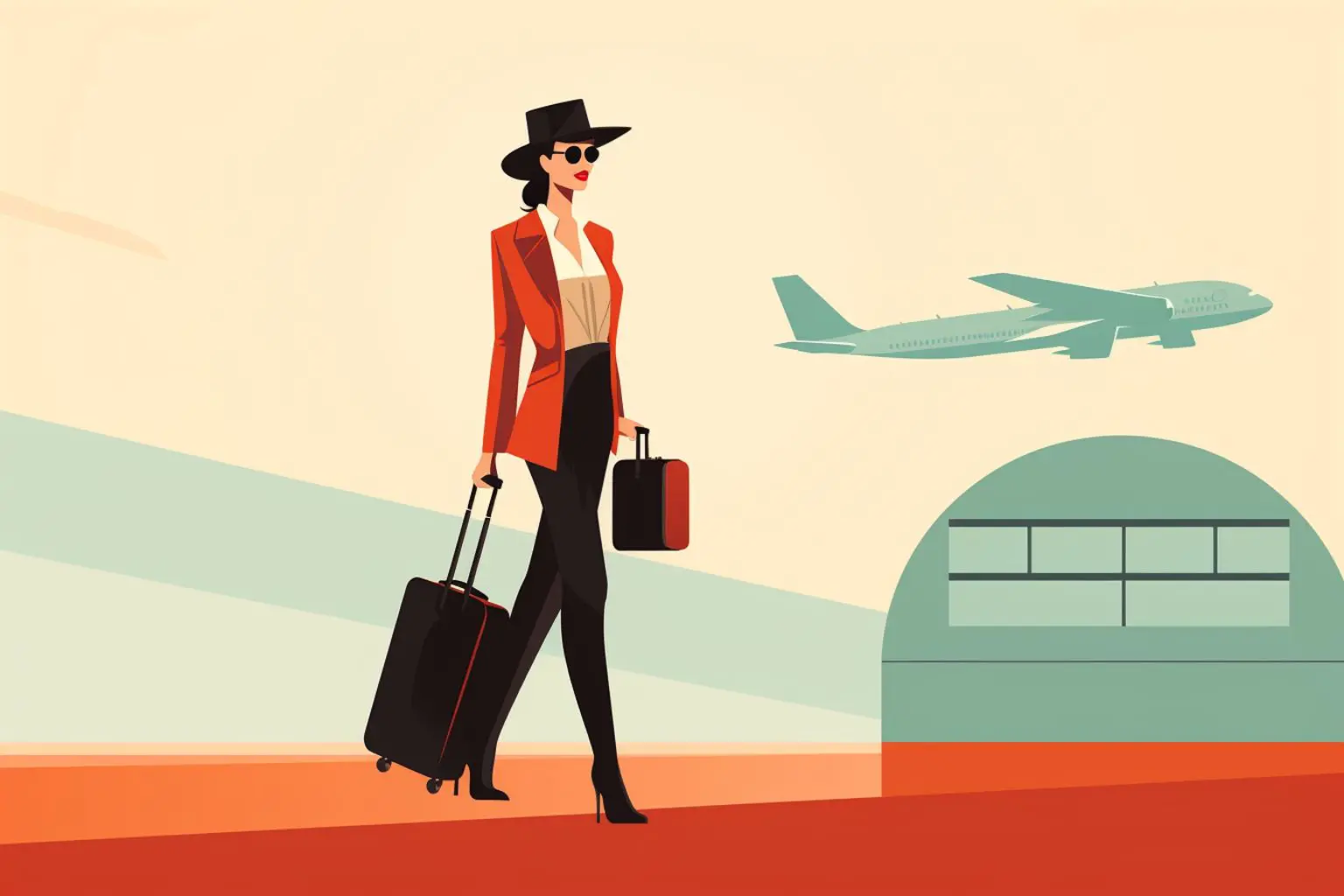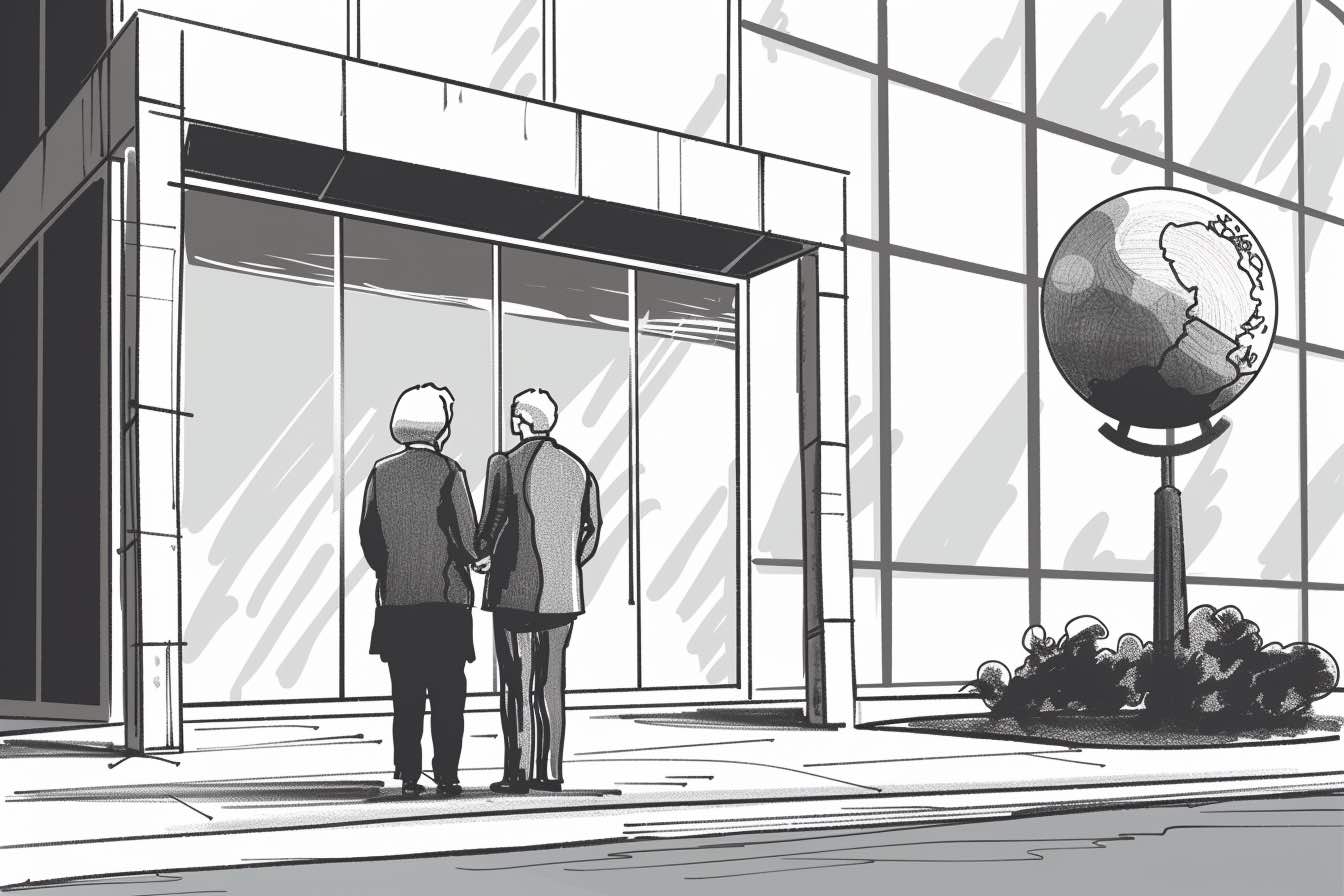Frontier Airlines overcharged Abbey Colville for her luggage on a recent flight from Denver to Detroit. Way overcharged her.
She had to pay once for her bag at the ticket counter and a second time at the gate for the same bag. And now Frontier refuses to refund the extra $99.
If you think you’ve heard every luggage horror story, hold on to your carry-on. Frontier wants you to pay for your luggage and then pay again. And even if it charged you the wrong amount, as it did for Colville, it doesn’t seem to care.
But Colville’s case raises bigger questions for anyone flying on Frontier or any other airline:
- Why do airlines overcharge you for luggage?
- What should you do when an airline overcharges you for your bags?
- How do you get a quick refund?
Let’s see if we can find the answers.
How did she get charged twice for the same bag?
Colville is no stranger to flying on Frontier. She had already taken a flight from Detroit, where she lives, to Denver, and was returning home when the double charge happened.
“At the Denver airport, a Frontier employee told me my personal-sized bag would be charged as a carry-on,” she recalls.
The fee: $99.
“Begrudgingly, I went on to my app and added a carry-on bag,” she says.
It wasn’t enough. At the gate, an agent stopped her again.
“The gate agent refused to let me on the plane without purchasing yet a second carry-on bag. But I only had one bag with me,” she says.
Colville protested, but the gate agent insisted. If Colville didn’t immediately comply, she could not board her flight home. So she paid $99 again for the same carry-on bag.
Frontier: We did nothing wrong!
Colville appealed to Frontier in writing, asking for a refund of the $99.
The airline sent her an apologetic but firm response:
We evaluated this reservation, and our records show that you added one carry-on bag; however, you were also bringing a personal item, and according to our policy, this luggage did not meet the required dimensions for personal items, and airline administrations will implement the enforcement of luggage that does not satisfy the size standards, which in this case was considered a carry-on.
Luggage fees are non-refundable by policy. As a result, the gate representatives proceeded with the accurate application of $99.00, the standard airport price for carry-ons.
Frontier insisted that airport employees “are constantly and properly trained with regards to evaluating and measuring personal items” and noted that carry-on bags must be no larger than 14x18x8 to qualify as a carry-on, according to its published policy.
Colville protested:
Hi, this is inaccurate. I only brought one bag with me in total. Attached is the picture of me and my one bag. Also, I measured my bag and confirmed the dimensions.
Frontier keeps her money anyway
Even though Colville showed Frontier evidence that she only had one bag, which was in compliance with its rules, it would not relent.
It responded with the following solution:
We regret that the solution provided was not what you expected; however, our records show that you are bringing a carry-on bag and also a personal item, and as you can see from the photo that you sent to us, your personal is greater than the measures established by Frontier and does not meet the required dimensions for a personal item.
We understand that this charge was unsatisfactory and unexpected, so as a one-time exception, we want to offer you a $100 coupon that will be valid for 90 days and can be used towards future flights.
Colville isn’t happy with that offer.
“I do not want a credit for an airline I will never fly again due to their poor customer service,” she told me.
Are baggage fees a scam?
There’s a reason Frontier charged her twice. Earlier this year, the airline quietly implemented a new bonus system that awards agents $10 for charging customers for their oversize luggage. The airline says the incentive is meant to “help ensure compliance with our policies.”
Maybe Frontier also offers a bonus to customer service agents handling complaints about these baggage fees. Perhaps it pays a retention bonus for complaints that they successfully turn down. But, for whatever reason, Frontier didn’t want to return Colville’s $99.
There’s a broader question about luggage fees. A few years ago, most airlines included luggage in the price of their airfare. Today, especially on discount carriers like Frontier, everything is extra.
Some have suggested that airlines have started charging luggage fees as a tax dodge to avoid federal taxes on airfares. That’s nonsense. Airlines all around the world charge luggage fees because they can make their base airfares look lower when they unbundle luggage from the fare. It’s a simple but deceptive pricing tactic, like selling a car without a steering wheel or a house without windows. (Here’s how to survive a long flight in economy class and avoid jet lag.)
Does it really cost Frontier $198 to transport a small carry-on? Of course not. Her money is almost pure profit to Frontier, and everyone knows it. It’s easy to see how passengers might view baggage fees in general, and Frontier’s super-strict carry-on baggage fees in particular, as a scam.
How do you avoid airline luggage fees?
You don’t have to pay these sky-high luggage fees. Here’s how to avoid them:
- Pack light. That’s especially true if you’re flying on a discount carrier like Allegiant or Frontier. These airlines have reputations for charging their customers extra for luggage and keeping the money. The less you pack, the less they can charge you for.
- Measure and weigh everything. Don’t wait until you get to the airport to weigh and measure your luggage. Do it at home. Take pictures of you with the measuring tape or with your luggage on the scale. I know it sounds absurd, but the pictures could save you a lot of trouble.
- Don’t push it. If you’re close to the limit, it’s too much. Take some things out of the bag so that it’s significantly under the limit. You don’t want to give the gate agents a reason to pull you aside and charge you an extra $99.
Bottom line: With a little smart packing and a minimalist attitude, you can avoid most airline luggage fees — even at an “ultra” low-cost carrier.
What should you do if an airline charges you too much for your luggage?
Colville did the most important thing you can to avoid an overcharge. She told the airline it was wrong and then protested the charge immediately while she was still at the gate.
Here are the steps to resolving an airline overcharge for your bag:
Speak up immediately
If an airline tries to charge you extra for your luggage, say something right away. If you can prove your luggage is within regulations, you shouldn’t be charged. If an employee insists on charging you, politely request a supervisor.
Document the overcharge
Take photos, measurements and weigh the bag to document that you were changed extra. If you see a charge on your credit card after your flight, send a photo of your regulation-size luggage to document the fact that you complied with all airline policies.
Ask for a refund in writing
Do not call the airline asking for your money back. Instead, submit a refund request in writing using the the Elliott Method. Remember, there’s no record of a refund request when you make it by phone (unless you record the conversation, which may be illegal). Stick to writing.
If necessary, appeal your case
We publish the names, numbers and email addresses of the company executives on this site. A brief, polite appeal to one of them in writing may be all it takes to get your refund.
As a consumer advocate, I’ve seen a fair number of overbilling cases. Companies have built elaborate systems to prevent a refund, but with a few simple steps, you can turn the nos into yeses.
Will Frontier refund the $99 luggage fee?
So will Colville ever get her money back? If the airline was already offering a credit, then it must have reviewed her case and realized that it was on shaky ground.
Why reject the $99 credit? It’s not just because Colville never plans to fly Frontier again. Frontier’s ticket credit expires after three months, making it difficult to use.
Plus, given that she had ample documentation that she only had one regulation-size carry-on, I thought she had an airtight case.
But did she?
I asked Frontier to take another look at her case. A few days later, the airline reached out to me:
Hi Chris –
Thanks for sharing. The $99 bag fee that was charged at the gate has been refunded to her credit card on file. It can take a few days for the refund to show up so she should give it a bit of time — but it has been refunded.
Frontier did the right thing. But I’m still concerned about the way it’s incentivizing its agents to collect more luggage fees, and its reluctance to refund the fees even when it’s wrong.
Considering that some of Frontier’s airfares aren’t even as high as their carry-on fee, maybe it’s time regulators look into this more closely. I can only imagine what they will find.




